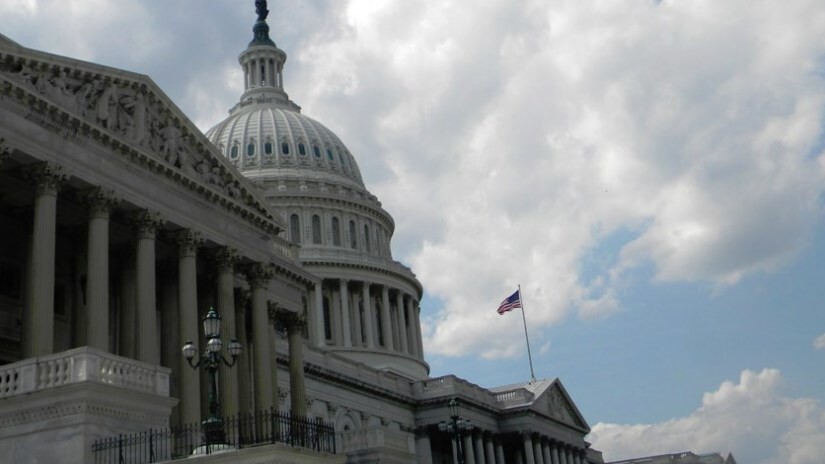
The Federal Communications Commission intends to hold an auction for spectrum – new airwaves, essentially – in 2014, but what the rules for that auction will be had many in Washington and the business community riled today.
At stake is the structure of the deal, which might sound odd given that it will simply be an auction. The key idea in contention is whether at least of the spectrum to be auctioned will be set aside for smaller US wireless providers. The goal behind such a move is simple: if no spectrum is made specially available for them, their larger rivals – AT&T and Verizon – could snap up all that is for sale, harming the ability of their smaller rivals to compete.
This is a bit sticky. Free market advocates ethically oppose government intervention in the markets. However, given a specific market such as the wireless industry, an unbreakable duopoly with control of a finite resource – making the pair almost natural monopolies ruling with government vended power – isn’t palatable either.
To protect competition, and therefore free and competitive enterprise, is it reasonable to block the sale of spectrum to what would be the highest bidder? This is a regulatory question, and one that has a somewhat normal set of responses.
As quoted by the New York Times, AT&T isn’t pleased: “It is surprising that the antitrust division of the Department of Justice would even propose measures that are so nakedly designed to help specific companies.”
Senator John Thune, as quoted by The Hill, provides a somewhat turgid soundbite that appears to have been on ice since last year’s election: “I believe the Commission should not pick winners or losers among individual companies, but instead let all interested participants freely compete against one another in the open market.”
The kicker to the Senator’s comments are that by protecting the free market he could in fact be helping to close the door on free competition. The Justice Department, again from the Times, feels that the FCC “can potentially improve the competitive landscape by preventing the leading carriers from foreclosing their rivals from access to low-frequency spectrum.”
What to do? The question becomes simply one of scale: If the spectrum to be auctioned off is enough to tip the scales into the favor AT&T and Verizon sufficiently to blot out functional competition, then it doesn’t seem to be the best idea to allow for a duopoly. If however, the spectrum in question is merely only enough to grant a competitive edge, then I doubt comments against its sale to the person willing to pay the most will attract too many detractors. The difficulty of a free market is that it, on the occasion, must be protected from itself. Antitrust laws didn’t snap from sparse air.
Much work remains. And the FCC isn’t in too much of a hurry. As it noted before, once it has completed all steps leading to the sale, “we anticipate that we will be able to conduct the auction in 2014.”
Top Image Credit: ttarasiuk
Get the TNW newsletter
Get the most important tech news in your inbox each week.




